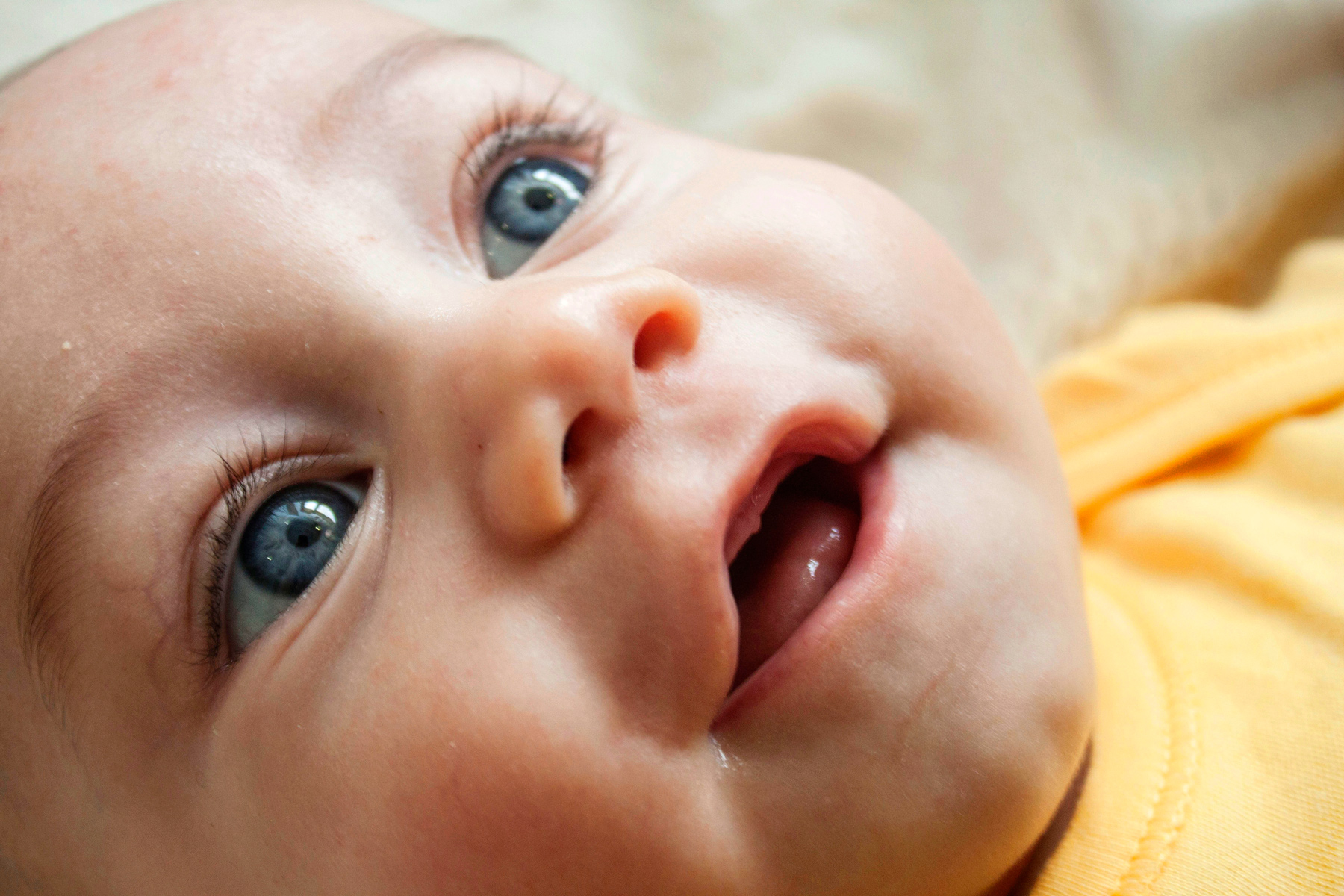Your baby’s first year will be a flurry of changes — and not just diapers. From the first smiles, gurgles, and coos to learning to say “mama” or “dada,” babies love to communicate with their own form of baby talk. And they hope you’ll “baby talk” right back.
All through this first year, you can do a lot to encourage your baby’s communication skills. And it’s easy. All you need do is smile, talk, sing, and read to your baby.
Why focus on communicating with your baby? Because early speech and language skills are associated with success in developing reading, writing, and interpersonal skills, both later in childhood and later in life.
Baby Talk: Smile and Pay Attention
Long before they can speak clearly, babies understand the general meaning of what you’re saying. They also absorb emotional tone. Encourage baby’s early attempts to communicate with you with loving attention:
- Smile often at your baby, especially when he is cooing, gurgling, or otherwise vocalizing with baby talk.
- Look at your baby as he or she babbles and laughs, rather than looking away, interrupting, or talking with someone else.
- Be patient as you try to decode your infant’s baby talk and nonverbal communication, like facial expressions, gurgling, or babbling sounds that could signal either frustration or joy.
- Make time to give your baby lots of loving attention, so he can “speak” to you with his or her baby talk, even when you’re busy with other tasks.
Baby Talk: Imitate Your Baby
Right from the start, baby talk should be a two-way street. By imitating your baby, you’ll send an important message: what he is feeling and trying to communicate matters to you.
- Have back-and-forth conversations in baby talk to teach your baby the give-and-take of adult conversation.
- Imitate baby’s vocalizations — “ba-ba” or “goo-goo” — then wait for him to make another sound, and repeat that back.
- Do your best to respond, even when you don’t understand what your baby is trying to say.
- Reinforce communication by smiling and mirroring facial expressions.
- Because gestures are a way babies try to communicate, imitate your baby’s gestures, as well.

